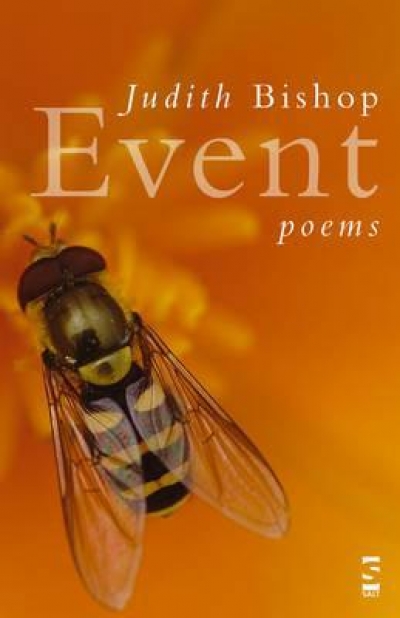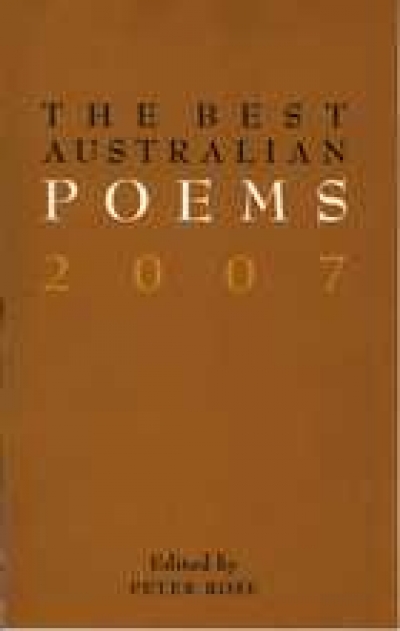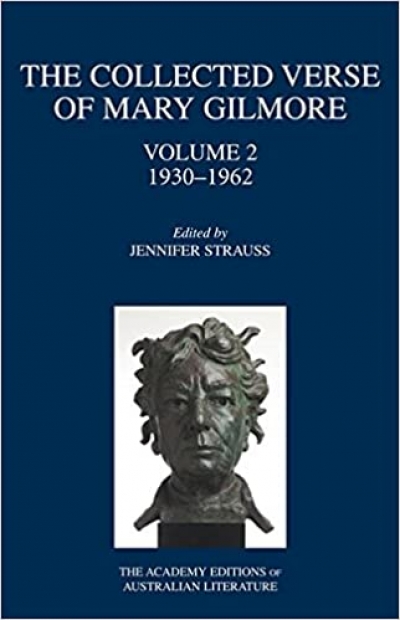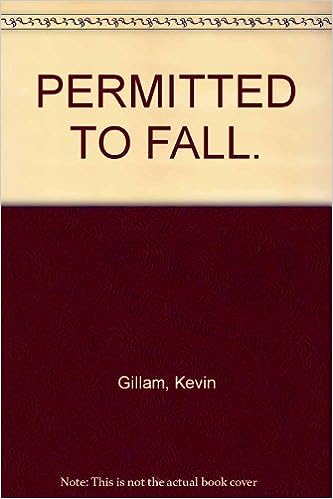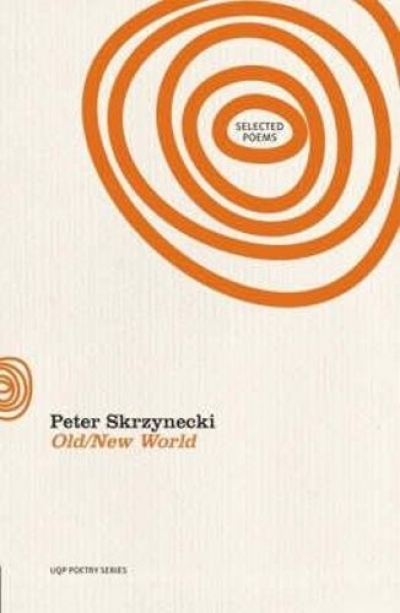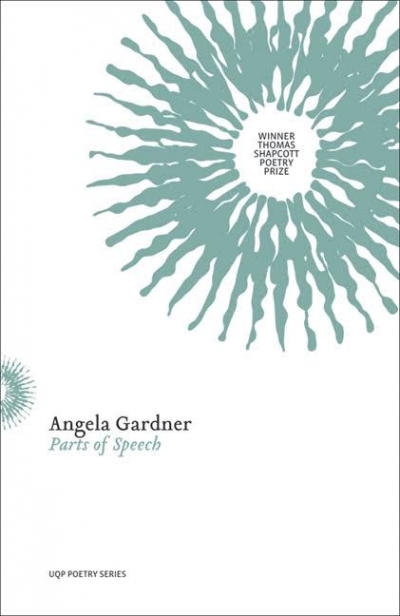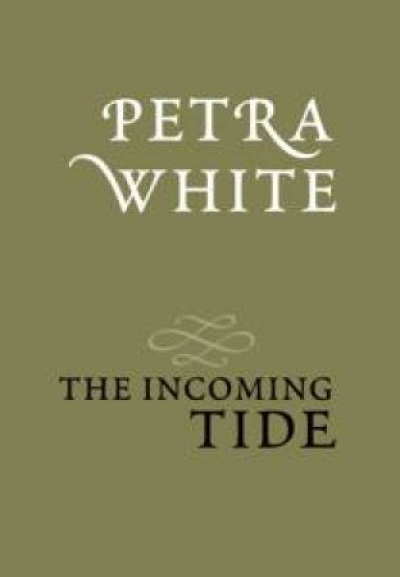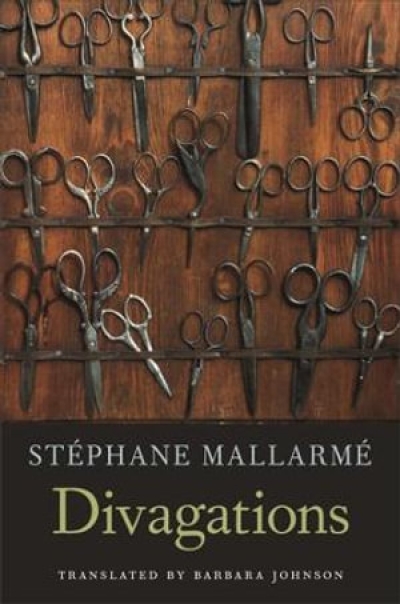Poetry
In her other life, Judith Bishop works as a linguist. A passionate concern with the intricacies of language, with the visceral effect of words on the tongue, aurally, and as they are knitted and unravelled on the page is manifest in her first collection of poems, Event. These poems are deeply immersed both in a complex observation of, and engagement with, the natural world, in particular with the ways in which poetic language can intervene in the world of perception, experience and desire. ‘You have to lean and listen for the heart / behind the shining paint’, Bishop writes in ‘Still Life with Cockles and Shells’, which won the 2006 ABR Poetry Prize and which Dorothy Porter included in The Best Australian Poems 2006. Like the beautiful illusions of the still-life painting, Bishop’s poetry creates an aesthetic surface which mimics the stasis of death and also harbours the ‘flutter in its flank’, the pulse of possibility visible to the attentive reader–observer. Look closely, her poetry exhorts, yield to the currents of language and image, become witness to death and life in intimate and endlessly renewing ‘events’ of struggle and embrace.
... (read more)The Best Australian Poems 2007 edited by Peter Rose & The Best Australian Poetry 2007 edited by John Tranter
Given the Howard government’s recent proposal to include the compulsory study of selected aspects of Australian history for secondary school students, perhaps it is time for more educators to follow the lead of Nicholas Jose and others in urging that Australian literature occupy a more prominent place in the school curriculum. Literature – and poetry in particular – does not have the political buzz that history possesses (especially since the recent ‘history wars’ have worked their way into public discourse), but there is a need for some healthy consciousness-raising about the flourishing state of Australian writing, which is often better understood beyond our shores than it is at home.
... (read more)The Collected Verse of Mary Gilmore: Volume 2, 1930–1962 edited by Jennifer Strauss
As the size of Jennifer Strauss’s two-volume scholarly edition of Mary Gilmore’s verse attests, Gilmore (1864–1962) is one of the most prolific poets in Australian literature. At around 800 pages, Volume 2 complements the first volume (which Vivian Smith reviewed in ABR, February 2006). Together, these two volumes represent the most detailed editing of an Australian poet to date. Rayner Hoff’s bronze statue of Gilmore’s head on the cover signals the consolidation of Gilmore’s reputation in the last thirty years of her life. (In 1933 Gilmore became a life member of the Fellowship of Australian Writers; five years later, she was made Dame of the British Empire.)
... (read more)Kevin Gillam is director of music at Christ Church Grammar School, in Western Australia. The musician’s lexicon and mindset permeate Permitted to Fall, revealing a life lived through music, as in ‘Not Clockless’: ‘as a kid, from the back / seat, power lines were staves, sky unplayed.’ The acts of playing and performing music also feature thematically, as in the narrative poem ‘The Possibility of Silence’, in which the protagonist finds consolation and catharsis in the act of playing an instrument: ‘she wanted to be a musician, / took up the cello for its tactility, / warmth, its lacquered song.’ If music is often audible behind the poetry, then silence also features prominently. The book’s opening poem, ‘Veldt’, begins, ‘there are times when silence / is very very loud’. It is a weak start to a poem that builds to its own crescendo of sorts. In ‘Harbour’, music is the antidote to silence: ‘music answering the / silence of the stars.’
... (read more)I was given to this body as haphazardly
As the monster of Frankenstein.
Lightning is a man’s metaphor,
But like fire it provides
A force alien to question.
Perhaps I am only this, this flesh,
Peter Skrzynecki’s substantial Old/New World comprises selected work from his eight previous collections plus a new collection. From it we could extract his autobiography. We find the youthful son of Polish migrants; his growing awareness of his migrant ‘otherness’; his employment as a teacher in New England; the birth of his first child; the ageing and death of his parents; his passage through middle age and growing sense of his own mortality. Halfway through, ‘Letters from New England’ posits the poet as ‘the stranger from Europe’ – a surrogate title for this often moving compilation. Skrzynecki’s Polish parents came to Australia from Germany in 1949, and exile, for their four-year-old son, would be a recurring theme.
... (read more)Angela Gardner’s Parts of Speech is a lengthy first collection that ranges from experiments in ‘language’ poetry to meditations on science, the Iraq war, art and memory. It is an ambitious but rather uncertain book. The five-page title poem is in the mode of Peter Minter (who supplies an approving blurb). There are some original images and gritty, memorable lines (‘hookangles that held hold / while mortality / threadscrews experience’), but these are imprisoned by a relentlessly unvaried rhythm that makes it difficult for a reader to find a way in. And there is something merely conventional about the way this poem earnestly contrasts the freedoms of parrot, sky and elephant with the presumed artificiality of language, ‘mute text’ and ‘discredited Euclidean geometry’. This poem was too passive; it needed to be more of a genuine – serious and adventurous – interrogation of language. Similarly, ‘Embedded’ attempts to look at the Iraq war as a problem of rhetoric (‘the President’s words’) – an interesting idea, but Gardner’s own heavyhanded moral rhetoric remains surprisingly unexamined, and the reader’s approval is taken for granted.
... (read more)Antipodes, vol. 21, no. 1, 2007 edited by Nicholas Birns & Southerly, vol. 67, no. 1-2, 2007 edited by David Brooks and Noel Rowe
This volume of Southerly, combining the first two issues for 2007, is a celebration of Elizabeth Webby’s contribution to Australian literature. Noel Rowe and Bernadette Brennan, the editors principally responsible for this issue, describe it as ‘a tribute to a brilliant career’. There are contributions from academic colleagues, generations of poets and writers of short fiction, and a number of ex-students, many of whom ‘have gone on to distinguished academic careers’.
... (read more)The opening poem in Petra White’s first collection is a modest, tantalising, somewhat mysterious poem called ‘Planting’. A metaphor, you might think, for the inspiration and growth of a poem – much as Seamus Heaney’s famous ‘Digging’, also the first poem in a début collection, established a link via the rhythm of digging, between the act of writing and the act of cultivating land, in a particular place and culture. But this is not so. White’s poem is an aside, takes pleasure in evoking the senses’ responses to a fleeting experience, and coolly resists specific interpretation. Who is it about? Where?
... (read more)Toward the end of his life, Stéphane Mallarmé (1842–98), French poet and founding father of Symbolism, published the prose collection Divagations (1897). This highly ambitious, eclectic work, a repository of Mallarmé’s aesthetic, revitalises the critical enterprise and shakes the very foundations of the literary act. His practice is inaugural, effecting a critique of the subject and of poetry that is unprecedented. Divagations shows the mature Mallarmé at the height of his achievement, inventing a new form of poetic journalism. From the outset, we are invited to read differently. These consummate, diverse pieces, comprising prose poems, lectures, journalism and portraits, are truncated from their original context and strategically redeployed. They illuminate each other differently and acquire a new potency, in tune with the poet’s vision of words in verse interacting like reflective jewels. The dazzling pieces on dance and current events provide a radical critique of contemporary values and show a sense of humour more familiar to readers of Mallarmé’s fashion journal. High and low interchange as the apparently trivial or frivolous acquires seminal status. The ‘Important Miscellaneous News Items’ offer some of the greatest examples of the new ‘Popular Poem’, celebrating the insight and autonomy of the modern reader.
... (read more)

